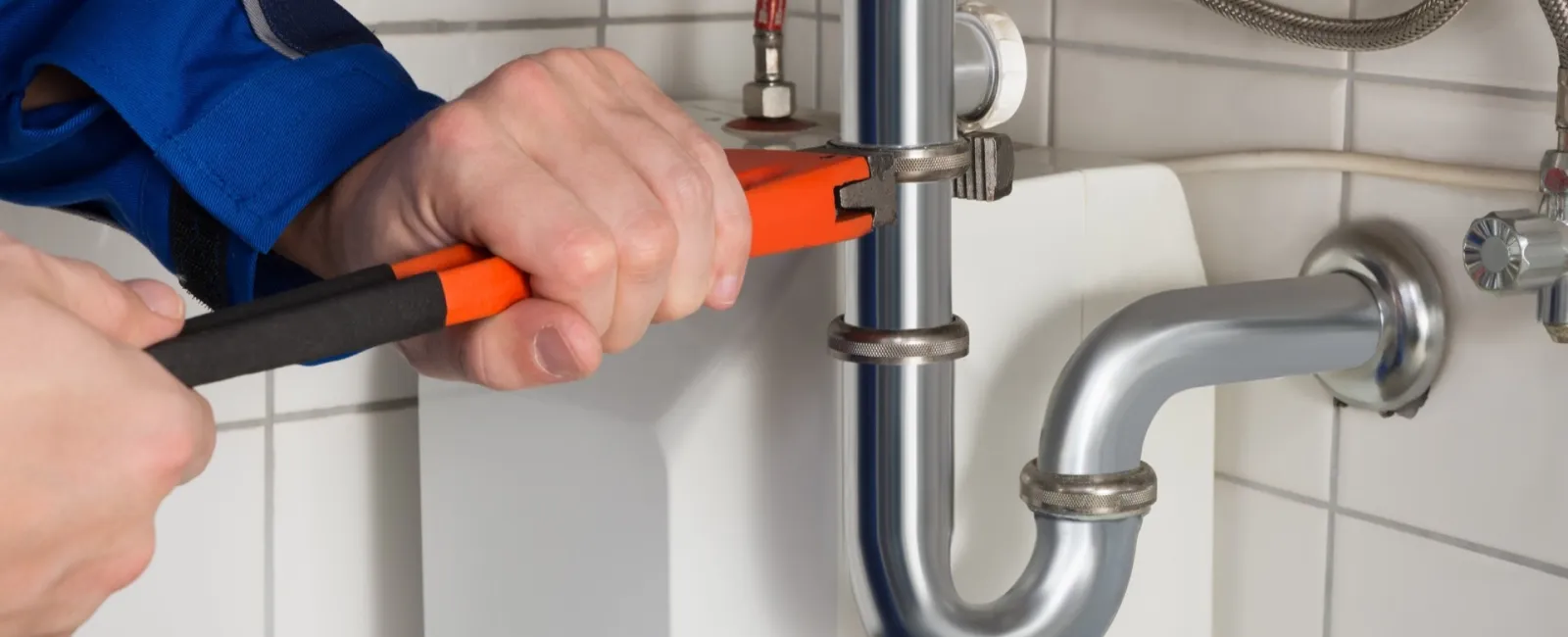Water conservation practices consist of both reducing the total amount of water your household uses and decreasing your dependence on hot water. Water conservation ensures there's enough water for future generations in Cumming and across the nation while also balancing the need to conserve natural resources in the present. Why not implement some of these practices in your daily routines, decrease your dependence on water, and lower utility bills in the process, too?
The Department of Energy recommends several water-saving tips, which include:
- Be a stickler about leaks. Plumbing leaks waste valuable drops, and all those drops add up to hundreds of gallons, if left unchecked. Visually inspect the pipes for leaks, as well as all faucets. Don't forget about leaks in the toilet, as well.
- Make using less water easier with low-flow options. Installing low-flow aerators in faucets and sinks instantly limits the amount of water that will flow out. In addition, you can install a low-flush toilet.
- Wrap plumbing pipes with insulation. Doing so reduces energy waste and delivers hot water to your faucets faster, so you won't use as much energy waiting for hot water to arrive.
- Always buy energy-efficient and water-saving appliances when upgrading your dishwasher, clothes washer and water heater.
- Find a way to take shorter showers. Using a timer or just moving faster can reduce your shower time.
- Limit the use of the garbage disposal. Running the disposal requires a lot of water. If you can get rid of food waste in the garbage or compost pile, do so.
- Never run half-loads in your dishwasher or clothes washer. Doing so wastes water and energy.
- Avoid using the soak or longer-washing cycles on both the clothes washer and dishwasher. Instead, scrape food off dishes before washing, and treat stains on items of clothing before running normal wash cycles.
- Don't run water in the sink when you're performing daily hygienic tasks. Instead, fill the sink with a little water and use the water to rinse off your toothbrush, razor, etc.
- Limit water use when you're in the kitchen. To conserve, store drinking water in the fridge, and when washing dishes by hand, fill one side of your double sink with soapy water for dish washing, and the other for rinsing.
Water-saving practices decrease your dependence on water, cut down on utility costs and help you use energy efficiently at home. Reducing water consumption extends the life of your home's plumbing system, too!
Image source: Wikimedia Commons
